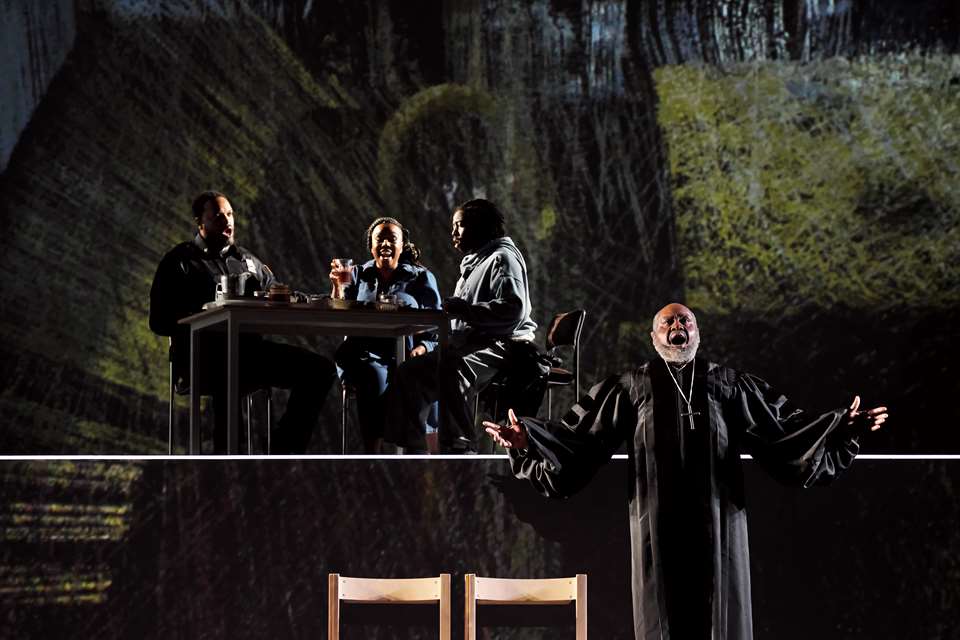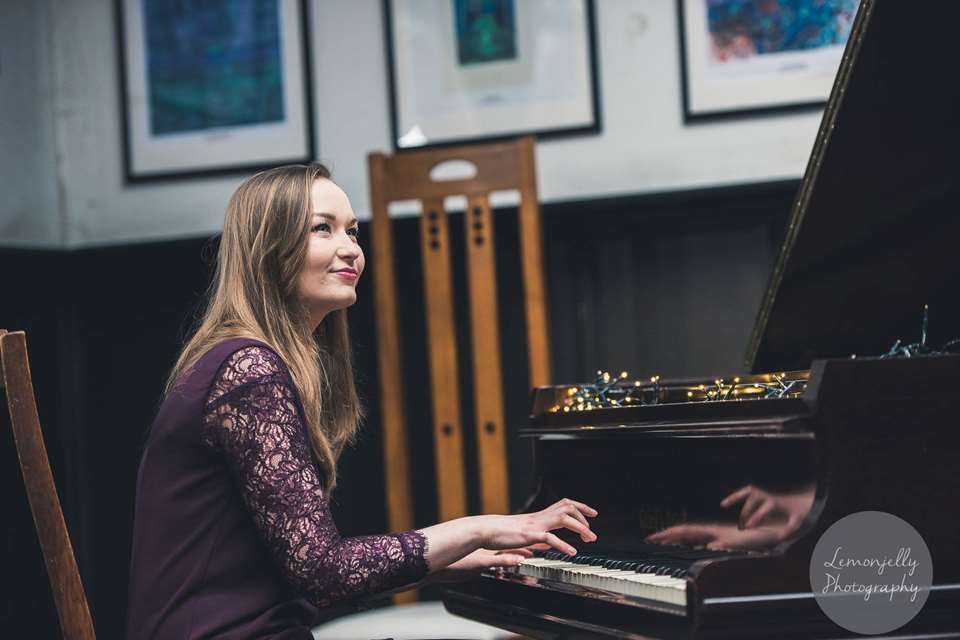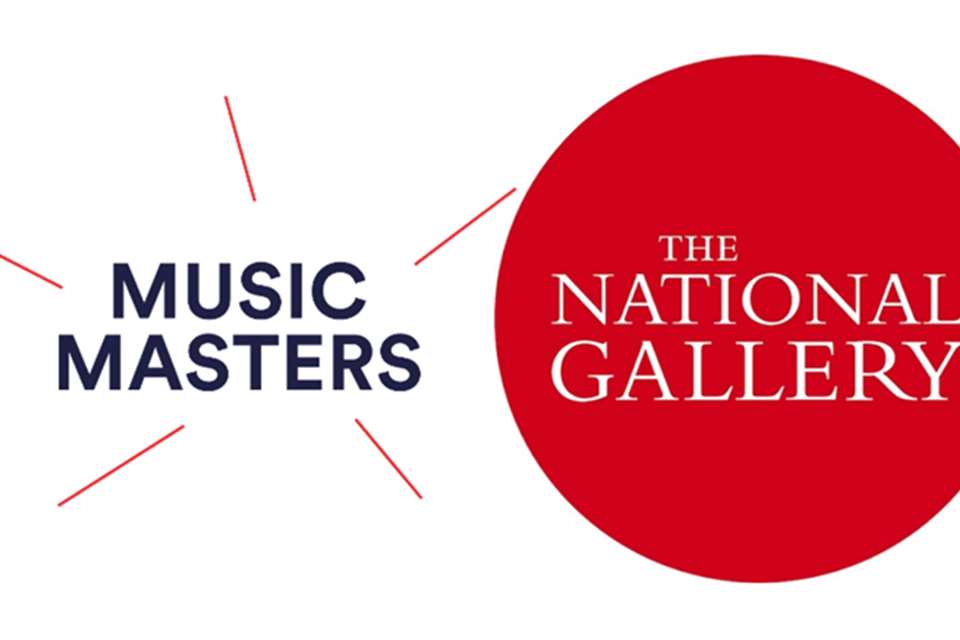The funding conundrum: A self employed musicians' guide to fundraising
Clarissa Payne
Monday, July 31, 2023
As well as perform – and probably teach – musicians must develop varied non-musical skills such as selling, marketing and accounting, all of which are essential to securing that all-important funding, finds Clarissa Payne


Register now to continue reading
Don’t miss out on our dedicated coverage of the classical music world. Register today to enjoy the following benefits:
- Unlimited access to news pages
- Free weekly email newsletter
- Free access to two subscriber-only articles per month


